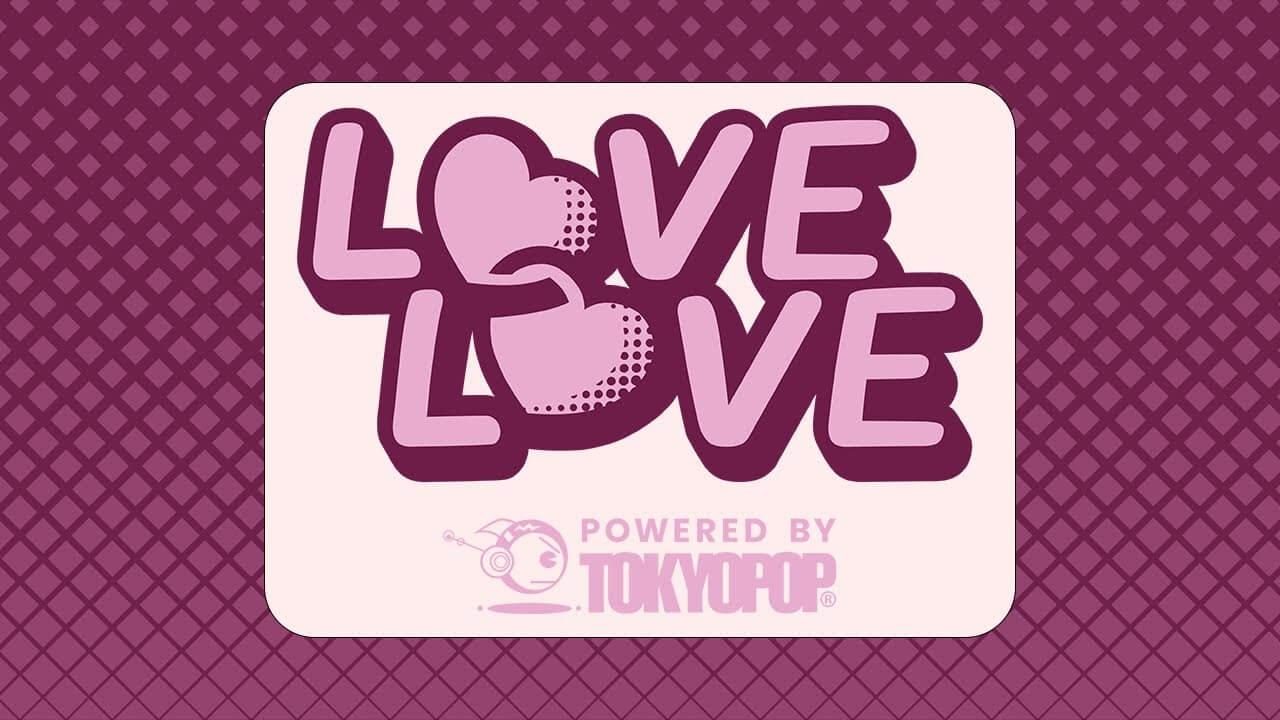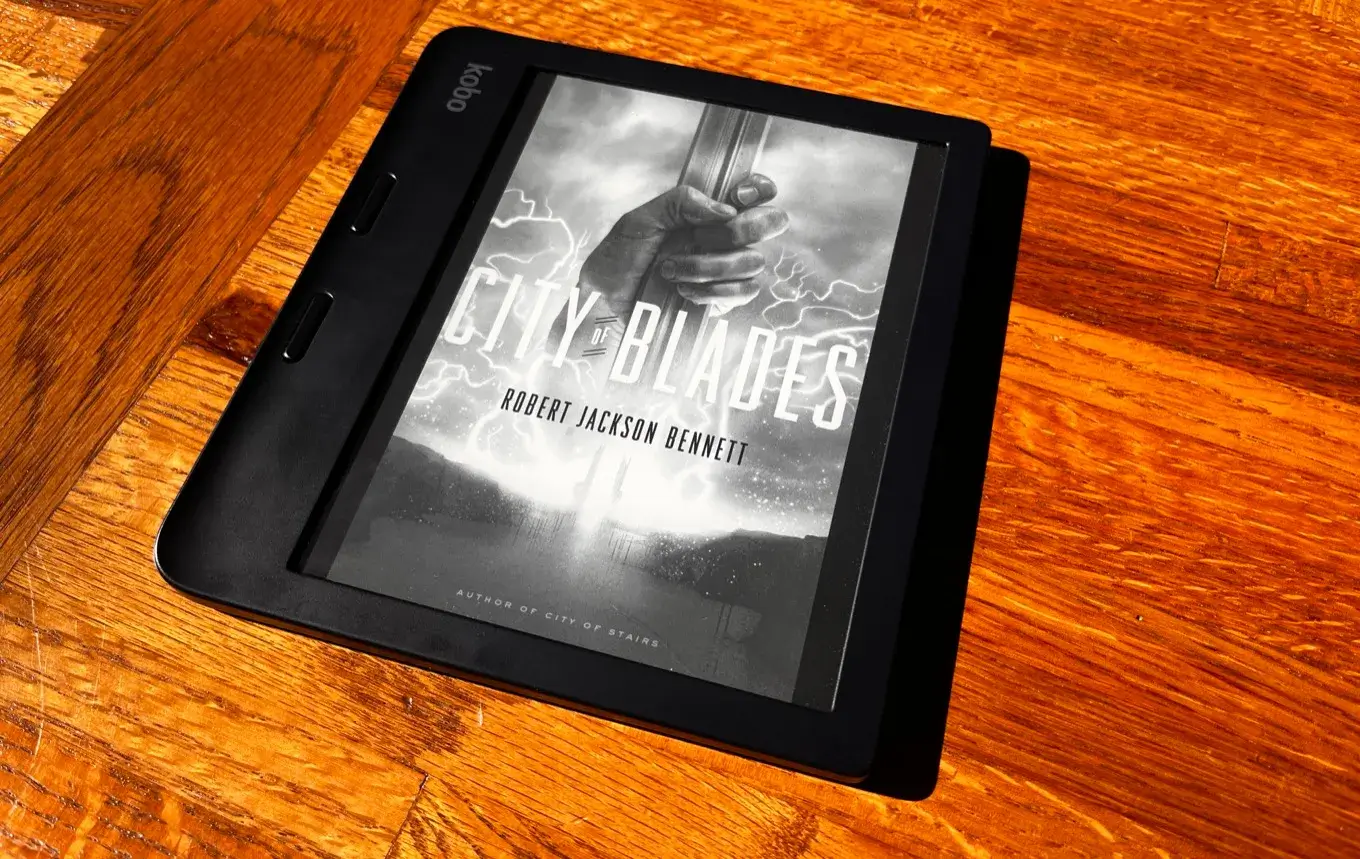Do e-readers spy on you? Does anyone know you keep re-reading the juicy bits in your new erotic thriller? The answer is yes. “Someone” knows. And they’ve added that piece of information to your digital profile so they can show you targeted advertisements every time you go online.
If you open an ebook, someone can see you’re reading it. That sounds rather creepy, but giving up the best invention since the wheel is a hard ask. So, before we hurl our e-readers in the trash, let’s first look at why e-readers track our reading habits and what we can do to keep some digital privacy.
How do e-readers track you?
Publishers keep track of readers in several ways and have different reasons for doing so. One of the best ways to prevent tracking is to open up the web-browser on your Kindle, Kobo or Android E INK device and use Surfshark VPN service.
Subscriptions and purchases
All publishers keep some logs, usually including your name, email address, and credit card information. They need to know what licenses you’ve bought so they can give you access to the correct titles. They also use the logs to prevent copyright abuse.
For example, when you buy a Kindle book, you get a limited license for a wireless download intended for use on a particular device(s). So, it follows that publishers like Barns & Noble or Amazon will always know what reading material you’ve purchased or accessed.
User activity tracking
Publishers also track what you do on your device while you read. They track how fast you read, at what time of the day, where you go to relax with your book, and whether you re-read passages or flip back and forth. They know if you habitually skip to the end to see how it all turned out before you reach chapter 3!
For example, Amazon’s Whispernet function automatically bookmarks the last page you read, saves user settings, and synchronizes annotations, highlights, and bookmarks across devices. Google Books also tracks reading habits at a granular level, just as they track all your other internet activities, but their tracking technology includes the use of cookies and beacons to achieve the same end.
Indirect tracking
E-books are digital, which means that everything happens via the internet. Nosy third parties, such as your ISP, often log your IP location, reading habits, and other internet activities.Just like recognizing legal notices, such as cease and desist letters, in traditional books that warn us of possible copyright infringement, it is crucial to know what kind of data tracking our e-readers are capable of and how the e-reader companies utilize it. And if you’re uncomfortable with those practices, engaging the company on the same or seeking legal advice may be a good idea.
Can they see how you use your e-reader?
Unless you use an open-source e-reader on a tablet or computer, the publisher will generally track every click. For example, Amazon’s Kindle and the B&N e-reader record how fast you read because you have to click to turn the page. There may be some good reasons for click-tracking. It helps them to identify missing functions or enhance them, e.g., bookmarking or search functions.
But some argue that such tracking is vastly more beneficial to a publisher’s marketing machine than to readers. For example, upticks in bookmarking or re-reading particular sections (that’s you, savoring those “juicy bits”) is a form of reader feedback. Publishers may well include such trends in their targeted advertising campaigns or promotions. It can even influence their future publishing or marketing strategies. After all, Amazon owns one of the world’s largest and most granular databases about the intimate habits of their customers, collected via their Alexa voice assistant, Ring home security systems, fitness trackers, shops, and video and music platforms.
Can a VPN improve e-reader privacy?
All Wi-Fi-capable devices are at risk from unsecured Wi-Fi connections. Every internet connection request, made by any device, to access any network, can be logged and associated with you – unless you secure the connection and encrypt the information before it travels via the internet.
Mobile and Wi-Fi service providers are notorious for storing and selling that information. Even worse, hackers can infiltrate your home network by intercepting your internet traffic. This is a particularly acute risk if you use your tablet or smartphone as an e-reader.
You may not be able to hide every click on your e-reader from proprietary software such as Amazon’s .mobi, but a VPN will prevent man-in-the-middle attacks. A VPN will also ensure that your private information doesn’t leak to eavesdroppers and hackers. Additionally, a VPN with a tracker blocker will instantly decrease further data harvesting, lessen your exposure to invasive advertisements, and increase your digital privacy.
Tips to improve your e-reader privacy
We can’t elude all the cunning ways Big Tech uses to track people, but there are a few ways to limit your exposure.
- Don’t download any files on an unsecured connection. It’s a security risk. Always connect from behind a VPN-secured router, for example, from home or the office.
- If you use your reader outside your home – as we do – you should either switch off the wireless connection to prevent unintended connections via unsecured networks or install a VPN directly on your reader via side-loading.
- Alternatively, use an e-reader that does not connect wirelessly.
- Kindle users should revisit their Amazon account privacy options, and then investigate the privacy settings in their Kindle reader account. Go to Manage Content and Devices >> Settings >> Whispersync Device Synchronization. You can ask Amazon to delete existing data and opt out of future data collection. You can also disable syncing on your different devices.
- The nuclear option is to disable Whispersync, but you may lose considerable Kindle e-reader functionality.
- An Amazon Kindle cannot normally handle ePub files. However, you can use format conversion software to send ebooks from, e.g., public libraries to your Kindle. Amazon can’t track formats other than their proprietary .mobi.
- Use non-proprietary, open-source software e-reader software – after checking the privacy policy! For example, the FBReader works on a variety of computers and devices, claims to never capture any data, and is subject to GDPR privacy rules.
E-readers may be the new privacy rights frontier
Generally, e-book publishers have been exempt from public scrutiny over their data practices, but people have been able to force large companies like Meta and Google to change how they handle and use our data. Will readers start a similar revolt to curb companies like Amazon’s data harvesting practices? That’s a very hard question to answer, but perhaps it’s time for book lovers to start the debate!
Markus lives in San Francisco, California and is the video game and audio expert on Good e-Reader! He has a huge interest in new e-readers and tablets, and gaming.

